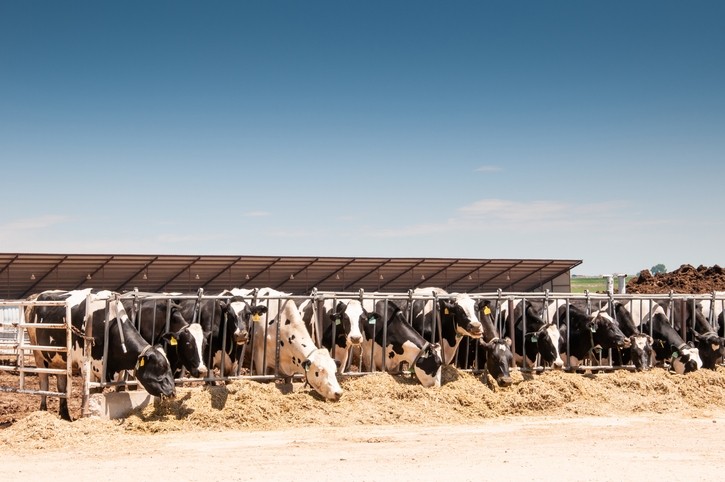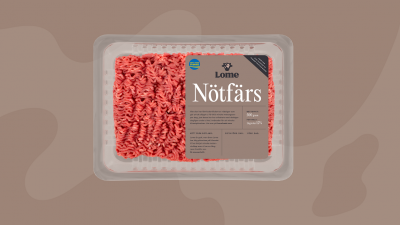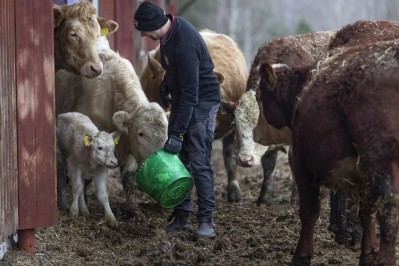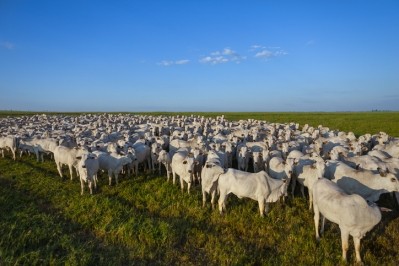US study supports methane emission reduction claims for DSM feed additive

The US study builds on previous research showing a methane mitigation effect when 3-NOP is administered through the total mixed ration (TMR).
The methane inhibitor – 3-nitrooxypropanol or 3NOP – was developed under DSM’s 10-year long Project Clean Cow. DSM has trials running all over the world on this product currently, in both intensive production systems and in pasture based models. And it has filed for market approval on 3NOP in several regions.
In terms of this study, scientists from six universities report, in an article published in the Journal of Dairy Science, on a trial at The Pennsylvania State University's Dairy Teaching and Research Center evaluating the methane mitigation effects of varying doses of 3-NOP in the feed of 49 multiparous Holstein cows.
After a 14-day adjustment period, they outlined how cows received the base TMR mixed with a placebo or one of six treatment doses of 3-NOP ranging from 40 to 200 mg of 3-NOP/kg of feed. Dose levels were chosen based on previous research at this laboratory as well as studies conducted in beef cattle.
The scientists hypothesized that within the range of application rates studied, 3-NOP would decrease enteric methane emissions without affecting dry matter intake or lactational performance of the cows.
The researchers said they found that the inclusion of 3-NOP in the TMR quadratically decreased daily enteric methane emissions by 22 to 40% in lactating dairy cows, with an average reduction of 31%. In this experiment, 3-NOP had no effect on dry matter intake or milk yield but linearly increased milk fat concentration and yield.
Maximum mitigation effect was achieved at 100 to 200 mg/kg of feed dry matter, said the team.
Nutritional strategies to reduce methane release in cattle
Dr Jan Dijkstra, associate professor, ruminant nutrition, Wageningen University, in a Feed Matters podcast earlier this year, evaluated the major developments in the field of methane emission reduction through nutritional strategies.
He told us he sees great potential for DSM's 3NOP in respect of methane emission reductions in cattle, particularly as it would seem to be effective in the long term. He and others carried out a meta-analysis of the additive in 2018, and he continues to evaluate the product as part of a study being carried out by a Dutch consortium.
As well as evaluating that feed additive, Dijkstra also talked about the work done with seaweed to date in this respect along with the impact of roughage quality on methane production in ruminants and how this can differ depending on the type of animal involved - sheep, beef cattle or dairy cows. He explained about the impact of residual feed intake and feed efficiency as well on methane release in livestock and determined how effective it is to go down the genetic route and select for low methane emitting cows.
Meanwhile, at the outset of this month, we reported on how a Swedish start-up tackling methane emissions in cattle is attracting investors
Volta Greentech closed a SEK 5m (US$500K) funding round to expand pilot production of a product derived from the red seaweed, Asparagopsis, to reduce methane emissions in cows. You can read the piece here.















